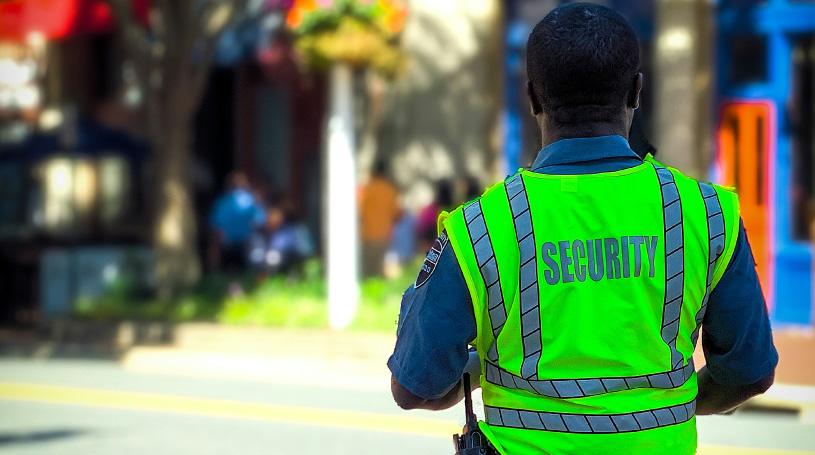Government's approach to private security legislation adds further security risk to crime-ravaged neighbourhoods
New draft legislation introduced by Police Minister Senzo Mchunu seeks to tighten gun control and oversight over the burgeoning private security sector that is now a multi-billion industry – employing over 600 000 people. The proposed amendments come in the wake of a fatal gun battle between police and private bodyguards inside a popular Sandton restaurant that raised concern about the rise of ‘private militias’ linked to prominent individuals.
However noble the intentions behind the regulations, in their current form they are likely to hamper the efficacy of security companies operating in the public space. The many onerous requirements would create bureaucratic delays and additional costs, at a time when private security is required to bolster the South African Police Service. Since 2019 the SAPS budget has declined by 5% in real terms, according to ISS figures. Many businesses and private households depend upon private security in the absence of reliable state law enforcement.
The danger inherent in sweeping new legislation is that, instead of reigning in rogue elements within private security, it may inadvertently promote criminality by retarding much-needed crimefighting capacity. In our view the regulations need to be more targeted to be more effective.
Below is a list of our key concerns:
- Prohibition of firearms for security officers in public spaces (taxi ranks, stadiums, hospitals, malls etc.). In effect protection of these spaces would then depend upon SAPS and citizens with privately-licensed firearms. The danger is that criminals would simply take over, putting everyone at risk.
- Ambiguity in the proposed regulation. A prime example is that security officers should be provided with ‘no more than a reasonable quantity of ammunition’. But what is deemed reasonable? The current Firearm Control Act is very specific about ammunition ( e.g. 200 rounds for self-defence).
- Mandatory disarming of security officers in the event of an investigation. This system would be open to abuse, with companies rendered impotent pending the investigation outcome, and no presumption of innocence. SAPS officers would have the authority to arrest security officers for having “too much ammo” -- and each SAPS officer would be able to use their own interpretation. Commercial rivals could use this regulation to gain market advantage.
- Proposed annual psychological, neurological and physical testing for security officers is impractical, particularly as there are no accredited resources for this. It would also be prohibitively costly.
- If approved these new regulations would lead to extremely high private security costs for citizens and businesses alike, thereby reducing the number of active security personnel on the ground (currently doing SAPS job).
In our view there are valid concerns about criminals using private security companies as fronts for criminal activity. There are also valid concerns about the number of firearms flowing into the illegal economy, particularly in a country with enormously high gun murder rate – mostly gun-related.
However, clumsy private security laws are likely to compound these problems, rather than address them. More practical regulations would strengthen oversight over private security and complement the state's law enforcement service, to the benefit of society in general.
A more obvious solution to problems associated with private security is to strengthen the organisation already in place to provide oversight – the Private Security Industry Regulatory Authority (Psira). Psira is better placed to effect the sector reforms needed to improve public safety.
Rather than more unnecessary laws, let us administer existing regulations more efficiently.
Jacques Moolman
President of the Cape Chamber of Commerce and Industry

